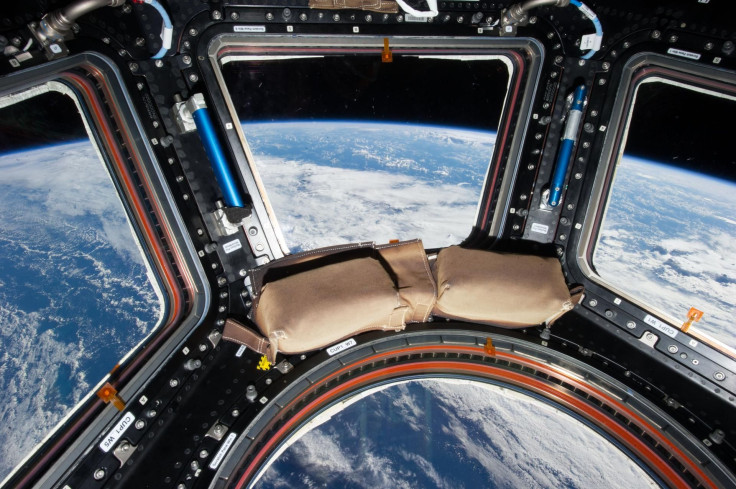ISS Astronauts Grow Meat In Space For The First Time

Astronauts aboard NASA’s International Space Station (ISS) made history after successfully growing meat in space for the first time. The experiment was made possible using a special 3D printer.
For the experiment, Israel-based food technology startup Aleph Farms partnered with the ISS to cultivate the cells taken from cattle in space. The bovine cells, which came from Earth, were then grown into muscle tissue through a 3D bioprinter.
Using this device, the ISS astronauts were able to replicate muscle-tissue regeneration, which is a natural process that occurs inside cows.
According to Didier Toubia, the CEO and co-founder of Aleph Farms, the experiment indicates that edible meat can be successfully grown inside a laboratory. It shows that the same technology can be used to provide a viable food source to astronauts living in space stations.
More importantly, lab-grown meat could serve as a practical solution to serious issues that the world is going through.
“In space, we don’t have 10,000 or 15,000 liters (3,962.58 gallons) of water available to produce one kilogram (2.205 pounds) of beef,” Toubia said in a press release. “This joint experiment marks a significant first step toward achieving our vision to ensure food security for generations to come, while preserving our natural resources.”
Since the experiment marks the first time meat was cultivated and grown in space, he compared it to the other significant moments in the history of spaceflight.
“This keystone of human achievement in space follows Yuri Gagarin’s success of becoming the first man to journey into outer space, and Neil Armstrong’s 50th anniversary this year, celebrating the moment when the first man walked on space,” Toubia said.
Aleph Farms was co-founded along with food-tech incubator The Kitchen. Like Toubia, The Kitchen’s CEO Jonathan Berger believes that the results of the ISS experiment could solve current issues that are affecting food security around the world.
“The mission of providing access to high-quality nutrition anytime, anywhere in a sustainable way is an increasing challenge for all humans,” Berger said. “On Earth or up above, we count on innovators like Aleph Farms to take the initiative to provide solutions to some of the world’s most pressing problems such as the climate crisis.”
© Copyright IBTimes 2024. All rights reserved.





















